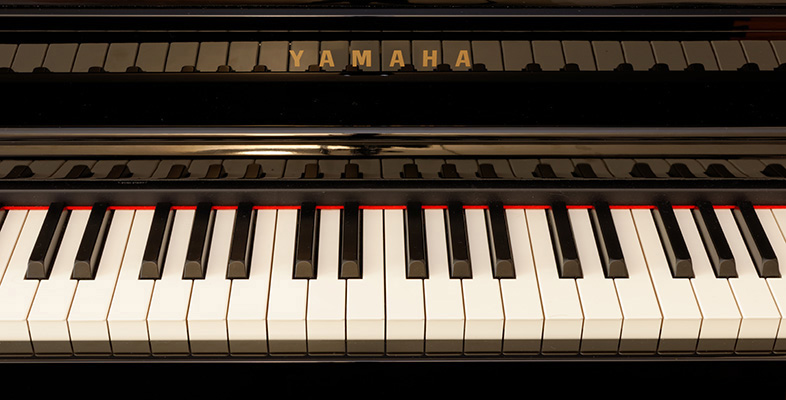4.1 Western art music and politics
In addition to popular music, Western art music is also deeply implicated in the complex world of politics no matter how often people attempt to deny it.
Activity 17
Watch these two videos, which explore different aspects of music’s relationship with politics. How would you characterise the attitudes on display?
Discussion
The audience at the BBC Proms concert seem to be rather annoyed that an overtly political act has disturbed their enjoyment of the music – though, to be fair, it seems as though the protestors are not objecting to the music played, but rather the symbolism of the orchestra’s nationality. This might make you wonder how easy it is to disentangle ‘the music’ from the identity of those performing it.
As explained in the second video, the concert of Beethoven’s Ninth Symphony, given in Berlin just after the fall of the Berlin Wall in 1989, makes changes to Schiller’s text in the symphony’s finale. Here a political event has prompted a musical celebration and a change to the usual words performed. It is difficult not to see this as deeply political, though one suspects many of those involved with the performance would claim this was an apolitical act that rose above politics.
Both videos, then, might seem to grapple with the ways in which music is held by some to transcend the everyday world of politics (understood broadly, rather than in its narrow party-political or ideological sense) while at the same time demonstrating how easy it is for music to be used to make a political point, or to be the focus of a political discourse.
In order to admit this kind of response to music as relevant to the study of music history, though, musicologists needed to change their attitude to a fundamental question: what is the object of study? In other words: what, exactly, constitutes music in a disciplinary sense? Where does the subject begin and end? Should studying music be restricted to the notes themselves, or might it include studying the societies and cultures in which it is practised?
